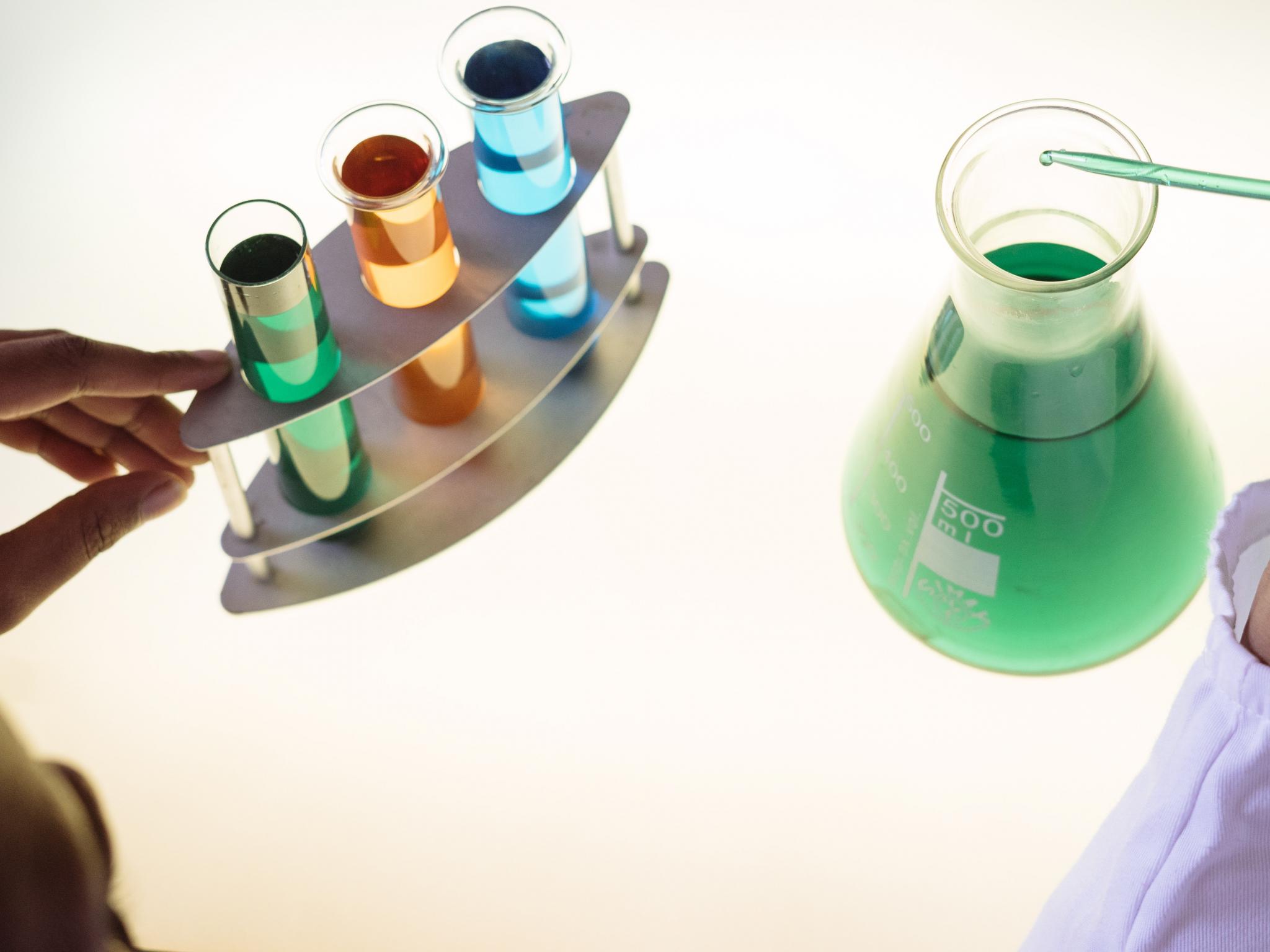
From its business potential to its chemical compounds, every aspect of cannabis contains a seemingly infinite array of possibilities and uncertainties.
Lab research is no exception. Lab analysis help shape our understanding of all things cannabis. Or at least, that is being strived for after decades of prohibition-stymied research progress—limiting our current clinical knowledge to a few select studies and anecdotes.
Until we fully understand the plant, we remain in a limbo, where research offers potential conclusions without much concrete evidence: the status quo creates a circumstance where cherry-picked data, media hype and industry manipulation all have come to play.
Despite the downsides, the vast subject of cannabis lab analysis offers immense promise and optimism as we continue to learn about the plant.
Potential Medical Properties
Lab studies benefited immensely as regulations incrementally reformed globally over the past decade. While conclusions may compel individuals to form their determinations, most lab experts warn that much is left to be decided.
"Certain individual studies may demonstrate promising results, but those findings must be reproducible, validated, and peer-reviewed in order to gain credibility," said Nick Jackowetz, chief scientific officer at Cirona Labs, a cannabinoid designer and manufacturer for infused edibles.
Promising results pique researcher interest. Without pointing to specific studies, Jackowetz said a growing number of analyses indicate CBD may provide anti-inflammatory benefits. He noted that findings suggest the cannabinoid's potential may extend to pain relief, improved sleep and certain mental health benefits.
Jackowetz supported additional plant research, calling it critical to shaping understandings, including policy and regulations.
"Having said that, existing biases or attitudes towards marijuana can be difficult to persuade, even with robust data and research," he said.
Cannabinoid Hyperemesis Syndrome (CHS)
One of today's more compelling discussions surrounds Cannabinoid Hyperemesis Syndrome (CHS). The condition is believed to cause intractable nausea, frequent painful vomiting and abdominal pain that last days or longer.
The past decade saw a rise in discussion and analysis of the syndrome.
In June 2022, a study of the most extensive sample study, 585 respondents, resulted in 28 completing and returning genomic testing. Researchers identified five mutations with possible links to CHS symptoms, calling the finding a "statistical significance from a small dataset."
Discussion is ongoing about the frequency of the condition. Some feel that occurrences are higher, but the debate continues.
"While we are unsure what percentage of the population suffers from CHS, it is likely very low," said Myron Ronay, CEO of California compliance testing company BelCosta Labs.
"It's sometimes reported as a public health crisis but is actually quite rare and not well understood," stated Ben Rosman, CEO and co-founder of PSI Labs, a compliance company in California and Michigan.
Reefer Madness Reporting?
Clinical studies can produce mixed results for proponents and opponents to use as talking points and the media is no exception.
A recent example comes from Fox Corp (NASDAQ:FOXA) News host Laura Ingraham. The host used two days of her "The Ingraham Angle" show to link cannabis use to the Robb Elementary tragedy in Uvalde, Texas, days prior.
In one segment, Ingraham and Dr. Russell Kamer, medical director for testing organization Partners in Safety, claimed that certain studies linked high potency cannabis use to psychosis. Studies regarding the connection have been ongoing for several years.
Sources did not mention Ingraham specifically but pushed back at the possible connection.
"Despite being in a time where there is less political capital or legal basis to continue the war on drugs, these narratives perpetuate the myth that cannabis is highly dangerous," said Rosman.
"We should refrain from sensationalizing lives and real situations that are affecting families," said Dr. Oludare Odumosu, CEO of Zelira Therapeutics, a cannabinoid-based medicine research and development company.
Rather than media figures, Odumosu says conferences and forums are critical to further understanding.
"We should be gathering together, seeking knowledge, pursuing it, vigorously testing it," he said.
Fabricated Flower Potencies
Medical testing is just one critical area of concern. In some markets, cases of lab shopping have been reported. The term applies to companies taking their product to several labs to achieve the highest percentage of THC potency per product or to skate on state requirements.
"Since there is no standardization across the board for cannabis testing requirements, there is no consistency across laboratories," said BelCosta's Ronay.
Lab shopping may be behind critical market misconceptions about pot.
"Consumers expect their local dispensaries to provide flower with such high potency that anything under 20% THC is considered to be subpar," said PSI's Rosman.
"Essentially, no one's really watching the watchdogs, and policymakers eyeing tax revenue aren't motivated to step in," he said.
That may not be the case across the whole market. In July, four Arkansas operators were the subject of RICO charges stemming from alleged pumped-up THC reporting.
The operators included in the class action lawsuit are lab Steep Hill Arkansas, as well as grow ops Bold Team, Natural State Medicinals and Osage Creek Cultivation.







